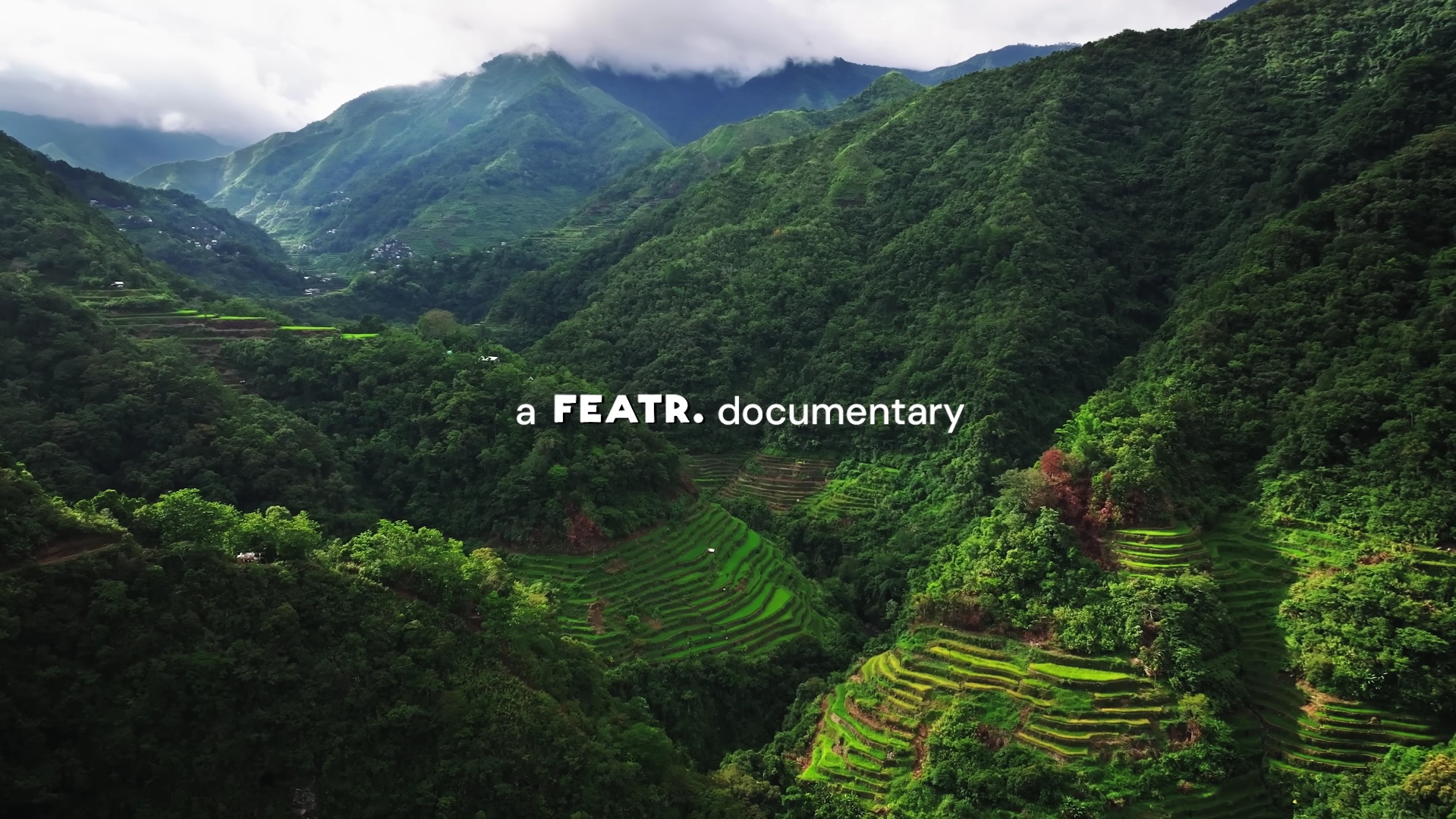Coffee Heritage Project's farm program promotes the planting of new trees that sustain not just the environment but people’s lives as well.
Like most people anguishing under the effects of climate change and rising temperatures, coffee trees and coffee farmers are struggling with extreme changes in climate. The effects are especially more felt with arabica coffee trees where the window of climate conditions is relatively narrow.

Arabica coffee trees are also vulnerable to a lethal fungus called “coffee leaf rust” (also called “roya” in Spanish). Today in Latin America, coffee leaf rust has spread far and fast, driven by warmer temperatures in the region that have allowed the fungus to thrive at higher altitudes.
"Roya" is unsparing on coffee trees, reducing them quickly to lattices of gray twigs. The impact of coffee leaf rust epidemic on affected local communities’ economy is even worse. The rust outbreak has pushed many families in Latin America to the edge of survival.
Indeed, coffee leaf rust is a very serious problem. Five years ago, an outbreak decimated coffee in the region, the Guatemala, Honduras, and El Salvador governments were prompted to declare states of emergency following an epidemic of coffee leaf rust in Central America. Famine watches were also established.
Several countries have already undertaken intensive research to abate coffee leaf rust and the impacts of climate change to coffee farm production.

Coffee Heritage Project supports sustainable reforestation as an effective approach in mitigating climate change and the spread of coffee leaf rust. Coffee Heritage Project's farm program promotes the planting of new trees that sustain not just the environment but people’s lives as well.
 Read
ReadFarm to Cup. This documentary traces that journey from Sagada to Bukidnon, Cavite, Cebu, and beyond, through the work of the farmers, processors, roasters, and advocates who carry our coffee forward.
 Read
ReadBy the time Rich Watanabe took his first sip of freshly brewed Sagada coffee, the Cordillera’s fog-draped ridges had already worked their quiet magic.
 Read
ReadThe Biyaya Sustainable Living Festival held from 14 to 16 March at Parqal was a celebration of Filipino culture, creativity and craftsmanship.
 Read
ReadAt the Moment gives us a sneak peek of the happenings at the recently concluded Manila Coffee Festival 2024
